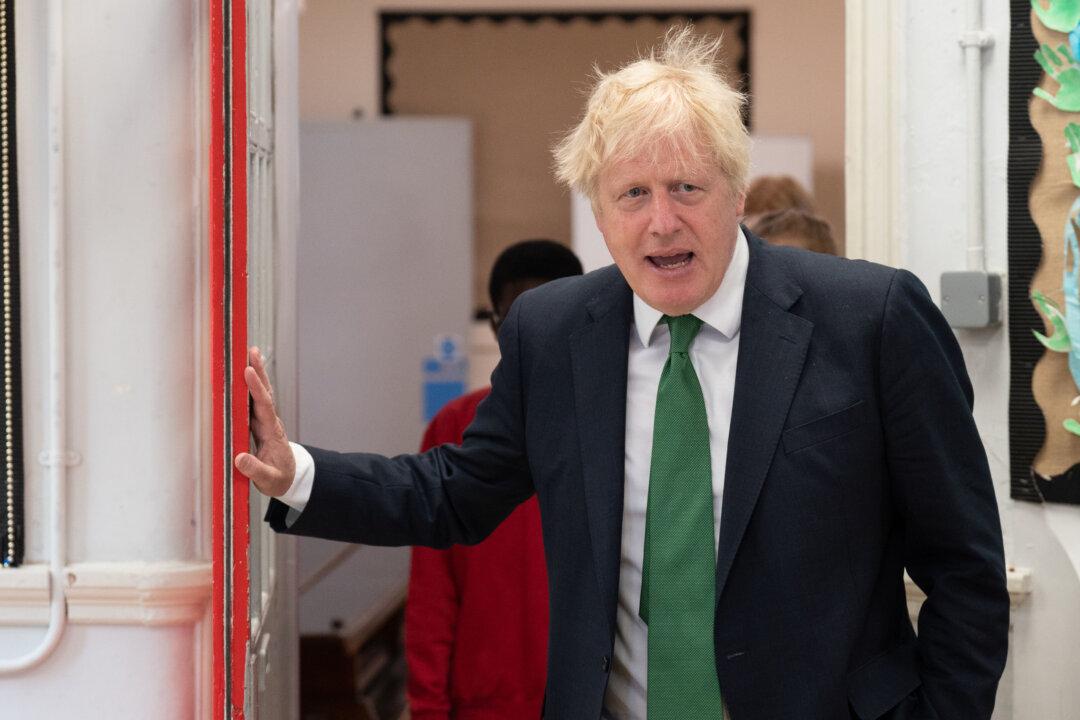British Prime Minister Boris Johnson has urged rail unions to talk to the government before causing “irreparable damage” with strike action.
The National Union of Rail, Maritime, and Transport Workers (RMT) is holding a ballot of its 40,000 members on plans to strike over jobs, pay, and conditions. The ballot is set to close on Tuesday, and the union has claimed that a yes vote could lead to “the biggest rail strike in modern history.”





